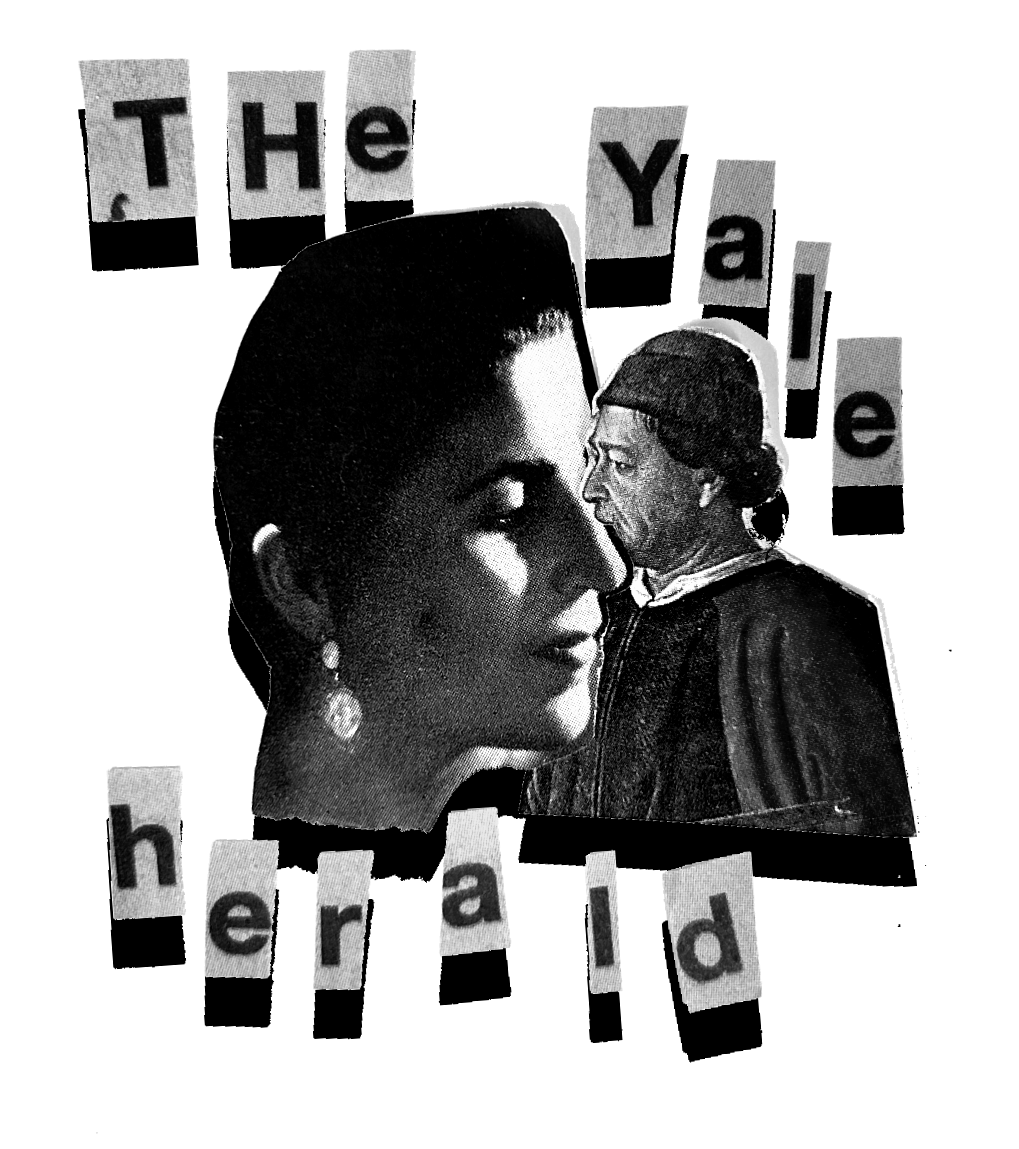With the recent metamorphosis of Google Suite into Google Workspace, I can’t help but wonder how Google—a digitally omnipotent force disguised as an LLC that most likely possesses the entirety of my online history—knew exactly what I wanted. How did they know that the aggressive implementation of rounded corners would exponentially improve my email-deleting experience? Or that puncturing a hole through the symbol of video communication would suppress my Zoom—*excuse me*—Google-Meet fatigue?
Some buffoons might say the redesign was unnecessary; the most foolish among them even claim that the redesigned icons actively detract from Google’s well-established brand. Ridiculous! If it were New Year’s Eve in 2000, these people would be among those sledgehammering motherboards to combat the “Y2K virus”—obsolete Luddites who aren’t prepared for advancements of the modern world. The future is now and if you can’t discern the different Google applications because of homogenous coloring, I’m sure Office ‘98 would love some company.
After all, it was we—skin-covered cornucopias of unlimited private information—who unknowingly gave birth to the new kaleidoscopic-flavored icons. When your neighbor shopped for Italian-crafted, goatskin loafers that glow in the dark, he also informed our digital overlords that solid colors are out and translucency is in. When your classmate obsessively color-coordinated her G-Cal based on subject and her feelings toward the event, she practically guaranteed Google’s transition to rainbow coordination.
Even when I purposefully disconnected from the World Wide Web to play Chrome’s Dinosaur Game, I still fed Google’s insatiable thirst for personal information; my severance from the network betrayed my limited attention span. They knew that their icons would need to be highlight-flashy to grab the attention of TikTok crazed neo-millennials.
Like it or not, Google’s Workspace icons are a hallmark of human artistic expression that challenge what it means to be a digital application. After all, how could Google, possessor of the greatest summation of human behavioral information ever, create something that doesn’t appeal to the fleshy data mines that continue to voluntarily feed them? By sustaining our conglomerate overlords with our personal information, all of us made this beauty possible. In other words, we can all put “digital artist” on our resumes.
Unless you use incognito mode. Then screw you, you private information hog.





[…] version of the game that is nicely integrated into the search engine. It’s like our tech overlords want us to play the […]